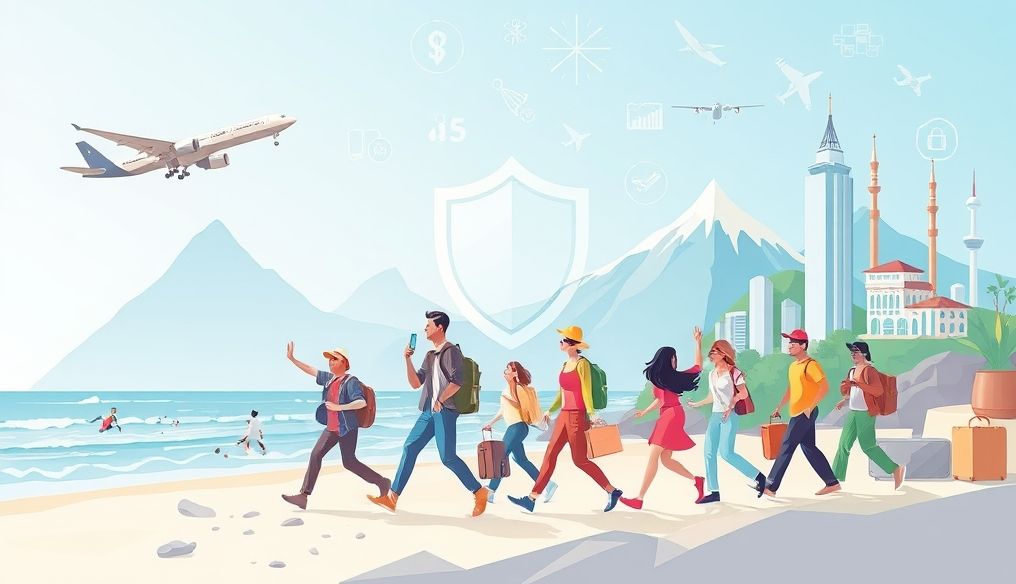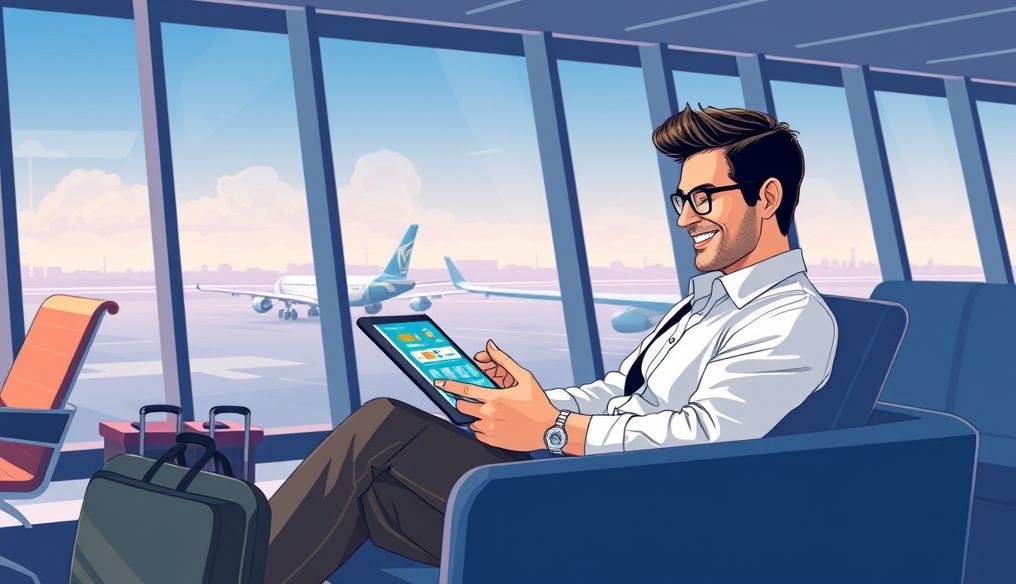How to Plan an Economical and Enjoyable Trip?
Traveling is a wonderful experience that enriches our lives and broadens our horizons, but people often think it's too expensive. Fortunately, there are many ways to plan an economical and enjoyable trip at the same time. Here's a comprehensive guide to help you achieve that:
1. Determine Your Destination and Budget
The first step is to determine the destination you want to visit and set a specific budget for the trip. This will help you narrow down your options and focus on finding the best deals and offers.
A. Choosing a Destination:
- Local Destinations: Local destinations are often cheaper than traveling abroad. Explore nearby cities or regions you haven't visited before.
- Off-the-Beaten-Path Destinations: Instead of popular tourist destinations, look for less famous places that may be more authentic and less expensive.
- Peak Season vs. Off-Season: Traveling during the off-season (outside of school holidays and festivals) can save you a lot of money on flights and accommodation.
B. Setting a Budget:
- Estimate Costs: Estimate the basic travel costs such as flights, accommodation, food, local transportation, and recreational activities.
- Allocate Funds: Allocate a specific amount to each item of expenses.
- Emergency Fund: Keep an extra amount for unexpected emergencies.
2. Search for Flight and Accommodation Deals
Flights and accommodation are the biggest travel expenses. Search thoroughly for the best available deals and discounts.
A. Flights:
- Compare Prices: Use price comparison websites such as Skyscanner, Google Flights, and Kayak to find the cheapest flights.
- Book Early: Flight tickets are often cheaper when booked several months before the travel date.
- Flexibility in Dates: Be flexible with your travel dates. You may find cheaper prices on certain days of the week or month.
- Flights with Layovers: Flights with layovers are often cheaper than direct flights.
- Low-Cost Airlines: Consider low-cost airlines, but be sure to read the terms and conditions regarding baggage allowance and extra fees.
B. Accommodation:
- Budget Hotels: Look for budget hotels or guest houses at affordable prices.
- Hostels: Hostels are a great option for solo travelers or small groups, offering low prices and the opportunity to meet other travelers.
- Apartment or House Rentals: Websites like Airbnb and VRBO offer apartment or house rental options at competitive prices, especially if you are traveling with a family or large group.
- Bed and Breakfast: Bed and breakfasts are often cheaper and more intimate than large hotels.
- Compare Prices: Use price comparison websites like Booking.com and Hotels.com to find the best deals.
3. Save Money on Food
Food can be very expensive while traveling. Here are some tips to save money on food:
- Eat at Local Restaurants: Local restaurants are often cheaper than tourist restaurants.
- Self-Catering: If you are staying in an apartment or rented house, buy groceries and cook your own meals.
- Lunch Instead of Dinner: Lunch meals at restaurants are often cheaper than dinner meals.
- Snacks: Carry healthy snacks to avoid buying expensive foods from tourist shops.
- Local Markets: Explore local markets to buy fresh fruits and vegetables at affordable prices.
4. Economical Local Transportation
Local transportation can also be expensive. Here are some economical options:
- Walking and Cycling: Explore the city on foot or rent a bike. This is a great way to see the sights and enjoy the weather.
- Public Transportation: Use public transportation such as buses, trains, and the subway. They are often cheaper than taxis.
- Transportation Cards: Buy daily or weekly transportation cards if you plan to use public transportation frequently.
- Ride-Sharing: Use ride-sharing services like Uber or Lyft, but compare prices before booking.
- Avoid Tourist Taxis: Tourist taxis are often more expensive than regular taxis.
5. Free or Cheap Recreational Activities
Recreational activities don't have to be expensive. There are many free or cheap activities you can enjoy:
- Free Museums and Exhibitions: Look for museums and exhibitions that offer free admission days or discounted prices.
- Public Parks and Gardens: Enjoy nature in public parks and gardens.
- Walking and Guided Tours: Participate in free or cheap walking tours.
- Local Events: Look for free local events such as festivals, concerts, and markets.
- Beaches and Seas: Enjoy the beaches and seas (if your destination is coastal).
6. Advance Planning and Research
Advance planning and research are key to economical travel. Look for available deals and discounts, and plan your activities in advance.
- Read Blogs and Reviews: Read travel blogs and reviews to get tips and information about your destination.
- Download Travel Apps: Download travel apps that help you find deals and discounts, and book flights and accommodation.
- Create an Itinerary: Create an itinerary to organize your time and avoid wasting time and money.
- Book Activities in Advance: Recreational activities are often cheaper when booked in advance online.
7. Flexibility and Adaptability
Be flexible and able to adapt to changing circumstances. You may need to change your plans due to weather or unexpected events.
- Be Prepared to Change: Be prepared to change your plans if necessary.
- Enjoy the Moment: Don't let stress ruin your trip. Enjoy every moment and embrace the adventure.
- Learn Some Basic Phrases: Learn some basic phrases in the local language to communicate with locals.
- Be Friendly and Open-Minded: Be friendly and open-minded to new experiences.
8. Health and Safety
Don't forget to take care of your health and safety while traveling.
- Health Insurance: Get travel health insurance to cover any unexpected medical expenses.
- Vaccinations: Make sure you get the necessary vaccinations before traveling to certain destinations.
- Personal Safety: Be careful about your personal safety and avoid dangerous areas.
- Health Precautions: Take the necessary health precautions to avoid diseases, such as washing your hands regularly and drinking bottled water.
- First Aid Kit: Carry a basic first aid kit.
By following these tips, you can plan an economical and enjoyable trip that you'll never forget. Remember that travel is not just a destination, it's an experience.




